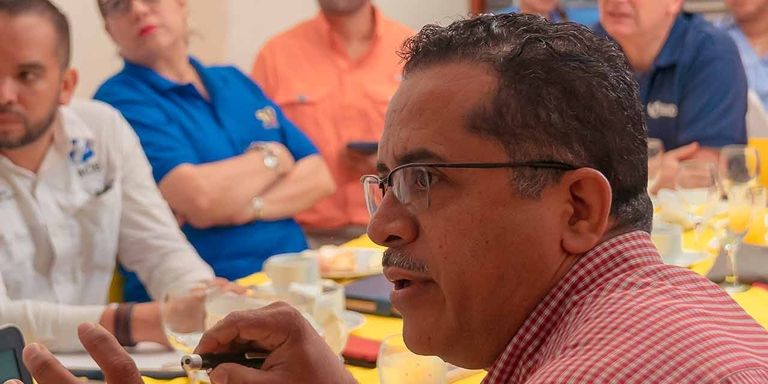The IDB established the Office of Institutional Integrity (OII) with the mandate to investigate and prevent prohibited practices in IDB-financed activities.
OII’s SG Prevention team advises operational teams on how to manage integrity and related reputational risks in their projects and builds the capacity of public entities, private sector clients, and civil society organizations to manage such risks.
The NSG Prevention team oversees the Integrity Due Diligence (IDD) assessments carried out on private sector activities and serves as the anti-money laundering/ countering the financing of terrorism (AML/CFT) compliance function of the IDB.
OII’s Investigation team receives complaints, conducts investigations of allegations of prohibited practices, and submits charges to the Sanctions System in accordance with the Sanctions Procedures.

OII has the mandate to conduct investigations in response to allegations of fraud, corruption, and/or other prohibited practices. The Office submits charges to the Sanctions System against parties that it concludes have engaged in prohibited practices. As an alternative mechanism for resolving cases, if the eligibility criteria are met, OII may enter into a Negotiated Resolution Agreement (NRA) with the investigated party.

OII works with operational teams, executing agencies, and external stakeholders to prevent the occurrence of prohibited practices by identifying and correcting weaknesses and vulnerabilities that could allow participants in IDB-financed operations to engage in prohibited practices or unethical behavior. OII also builds the institutional capacity of public institutions in member countries by providing training, answering consultations, and through knowledge-sharing activities.

In alignment with its mission relating to integrity and reputational risk management in Non-Sovereign Guaranteed (NSG) operations and other relationships with private sector entities, OII supports IDB Invest and IDB Lab by conducting Integrity Due Diligence (IDD) assessments.
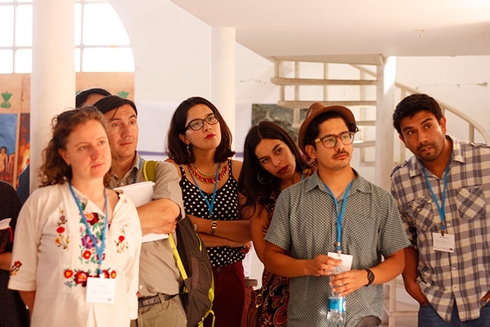
OII serves as the Anti-Money Laundering/Combating the Financing of Terrorism (AML/CFT) compliance function for the IDB.
Similarly, OII advises the IDB Group regarding the identification and mitigation of integrity risk and associated reputational impact in its corporate activities.
The IDB Group prohibits the following practices in all financed activities:
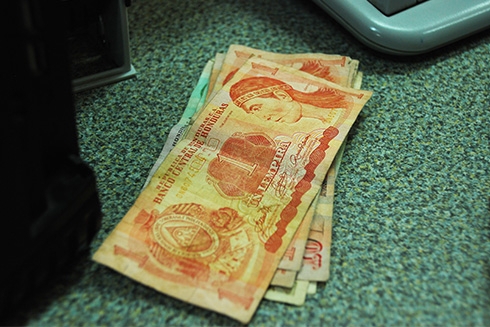
is the offering, giving, receiving, or soliciting, directly or indirectly, anything of value to improperly influence the actions of another party.

is any act or omission, including a misrepresentation, that knowingly or recklessly misleads, or attempts to mislead, a party to obtain a financial or other benefit or to avoid an obligation.

is impairing or harming, or threatening to impair or harm, directly or indirectly, any party or the property of a party to improperly influence the actions of a party.
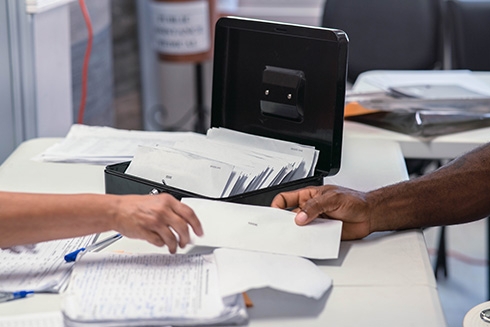
is an arrangement between two or more parties designed to achieve an improper purpose, including improperly influencing the actions of a party.

is (i) destroying, falsifying, altering, or concealing of evidence material to an IDB Group investigation, or making false statements to investigators with the intent to impede an IDB Group investigation; (ii) threatening, harassing, or intimidating any party to prevent it from disclosing its knowledge of matters relevant to an IDB Group investigation or from pursuing the investigation; or (iii) acts intended to impede the exercise of the IDB Group’s contractual rights of audit or inspection or access to information.
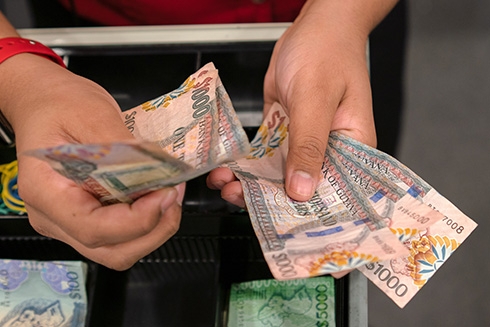
is the use of IDB Group financing or resources for an improper or unauthorized purpose, committed either intentionally or through reckless disregard.

When you submit an allegation, you can identify yourself or you can choose to be anonymous. If you choose to identify yourself, your identity will be kept confidential by OII. More information about confidentiality in the context of reporting allegations may be found in the PE-PN-328 Whistleblower Reporting and Protection Policy.

E-Mail: [email protected]
By Phone: (1-877) 223-4551
Toll-free from the U.S. (Fees apply to calls from other countries.)
By Fax: (1-202) 312-4019
Long-distance charges may apply.
By Mail or In Person (Mail should be marked “Personal and Confidential”)
Inter-American Development Bank
Office of Institutional Integrity, B-600
1300 New York Avenue, N.W.
Washington, D.C. 20577, USA
Allegations made to Bank staff will be forwarded to OII immediately.

Please provide as much detail as possible, including the following:
- If available, IDB Group-financed activity name and number.
- Who do you think committed the prohibited practice/s? Who else might be involved?
- What happened? (Describe the events with as much relevant detail as possible.)
- When did it happen? (Dates, time, how many times, etc.)
- Where did it happen? (Include the city and country, and also, if possible, an actual address, the name of the building, the office number, etc.)
- Who else might know about this?
- Does anyone know that you filed a report with us?

The IDB Group’s policy for whistleblower protection expressly prohibits acts of retaliation against Bank employees and external parties that report allegations of Prohibited Practices or cooperate with Bank authorities in the context of investigations, audits, or other inquiries. This policy also establishes the measures the IDB Group will take to prevent retaliation against employees and external parties that make a report. Review the Whistleblower Reporting and Protection Policy.

The Negotiated Resolution process is an alternative mechanism for resolving cases of Prohibited Practices, which allows an eligible company or individual the opportunity to resolve matters in a timely fashion and receive cooperation credit against any potential sanction, among other benefits. A company or individual that meets the eligibility criteria may seek a Negotiated Resolution with OII (i) during the course of an investigation or (ii) in the context of a self-disclosure, prior to the commencement of an investigation by OII. For more information on the process and eligibility criteria, please visit our Negotiated Resolutions Brochure.
Are you curious about delving into the key documents that outline how the IDB safeguards the projects we finance?
Discover the topics in which we work to improve lives in Latin America and the Caribbean.
Explore our offices across countries and the work they do to improve lives.
